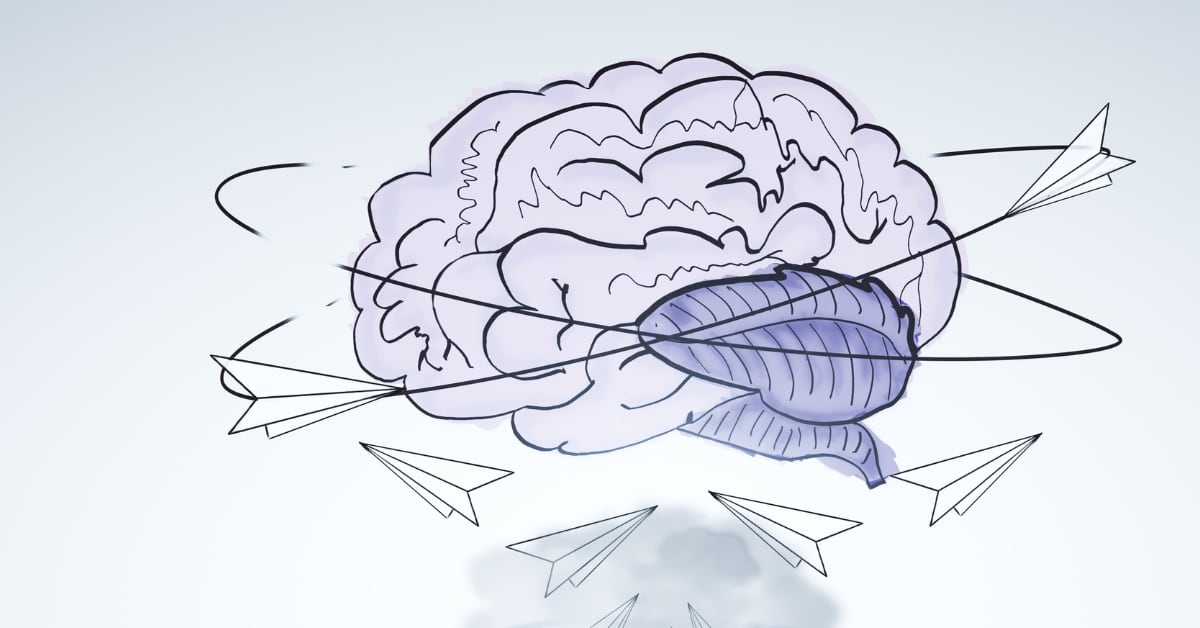Closing the gap: Forging a new path with different generations at work

By Sandra Oliver and Antoine Laganiere
Impact’s Founder, Sandra Oliver, and Impact coach, Antoine Laganiere, often discuss what’s happening in today’s business climate – and they’re usually intrigued by their different perspectives. With an almost 30-year gap in age, there’s always lots to discuss – and learn from one another!
Recently, Sandra and Antoine sat down to explore the different ways their two generations view work today and if there are opportunities to close the gap.
Antoine: Like with most gaps or tensions, there’s usually a difference in intention vs perception, like the way Gen Z and Millennials see work compared to Gen X and Baby Boomers. Everyone has their story or filter for how they perceive things. So the first thing we have to do is put ourselves in the other person’s – or generation’s – shoes. See the world from their point of view and determine if anything there makes sense to us.
Sandra: From the perspective of some senior leaders right now, there’s this sense that younger generations should work hard and sacrifice the way we did. That it’s the younger generations’ turn now. For example, many leaders are looking to get their people back to the office more often and they’re experiencing resistance from younger generations. Younger people want to know why they need to be in the office. Our generation didn’t have a choice and made all the sacrifices related to that.
I think this is a pivot point. Both sides are right. What is the new approach to work? This is a chance for us to be deliberate about how we move forward with creating a new work environment.
The most important thing is to have that dialogue between older and younger generations about, how do we do this with intention? How do we work together more effectively?
I think the older generations have a lot of the power and can choose to do things differently. To have the conversations, learn, and try to shift some of our thinking. And then also understand, what’s really bothering us when we think younger generations don’t want to work hard? What’s causing that reaction?
Antoine: And from the perspective of the younger generations, I believe there’s room for us to truly appreciate what we do have, and recognize that it all comes from someone else’s sacrifices. Whether it’s our parents, or our superiors and colleagues at work. Someone else is sacrificing so that we have the opportunities to go to school or work. To have a home and food and the lives we live. If we see that and acknowledge that, it opens up the conversation for change.
I think many in the younger generations see hard work as a sacrifice. But it’s not a sacrifice – it’s a choice to do something great, to be engaged in something.
Not sacrificing isn’t what life’s about. In fact, the word sacrifice has a somewhat negative, victimizing tone that we should reframe. Happiness and fulfilment are more than positive, pleasurable emotions (or giving up perceived negative emotions). They’re also about engagement, meaning and purpose. I think we’ve somewhat lost touch with these elements, or at least forgotten that they’re integrated, not a one-or-the-other type situation. We can have balance. We can go to the gym, eat super healthy food, and practice self-care – but those things aren’t ends in and of themselves. They’re not what life’s about. We go to the gym, eat well and practice self-care partly to feel good, sure. But we also do it so we feel more energized to do more. To do more interesting and helpful things at work for our team, our superiors, our organization. To contribute to something other than ourselves and grow as individuals.
Sandra: That’s so true. And I think that idea of sacrifice and hard work can be scary. The younger generations seem afraid to experience pain or difficulty. But they can reframe that perception. Recognize that when you sufficiently challenge yourself and go through a tough situation, you come out better on the other side. You experience that growth and feeling of satisfaction at having achieved something that was hard. And you’re happier for it.
Antoine: So maybe there’s an opportunity for the older generations to mentor, guide, and coach younger generations as they go through those tough times. Act as sounding boards, encourage them, help them see they’re on the right path, even if they make mistakes.
Sandra: Absolutely, and there’s likely opportunities for the older generations to learn from Millennials and Gen Z about being authentic and true to yourself. About taking time for self-care during challenging times. To make more space for experimenting, playing, and making mistakes. And being OK with – even excited about – the outcomes. That’s what will lead to innovation, growth, and new ideas. And that new work environment we can all build together with intention.




